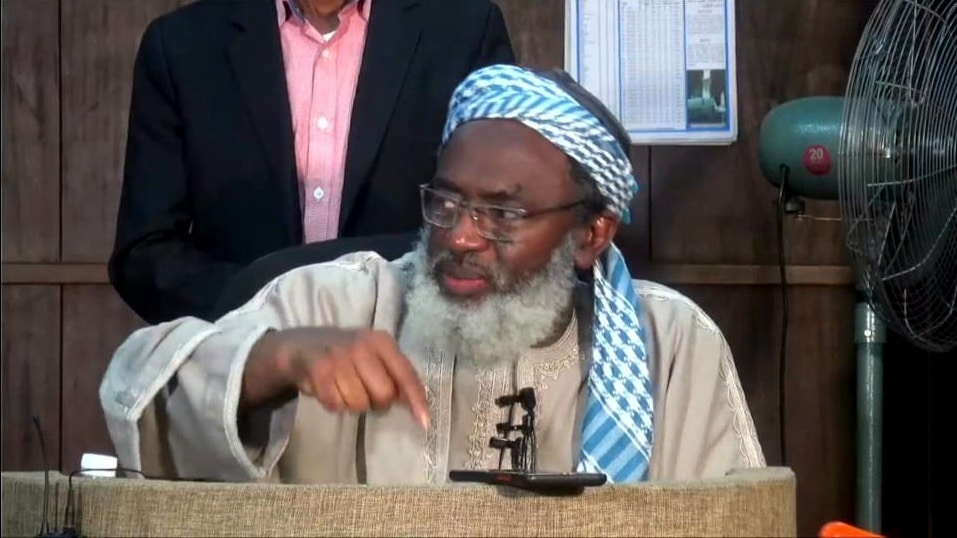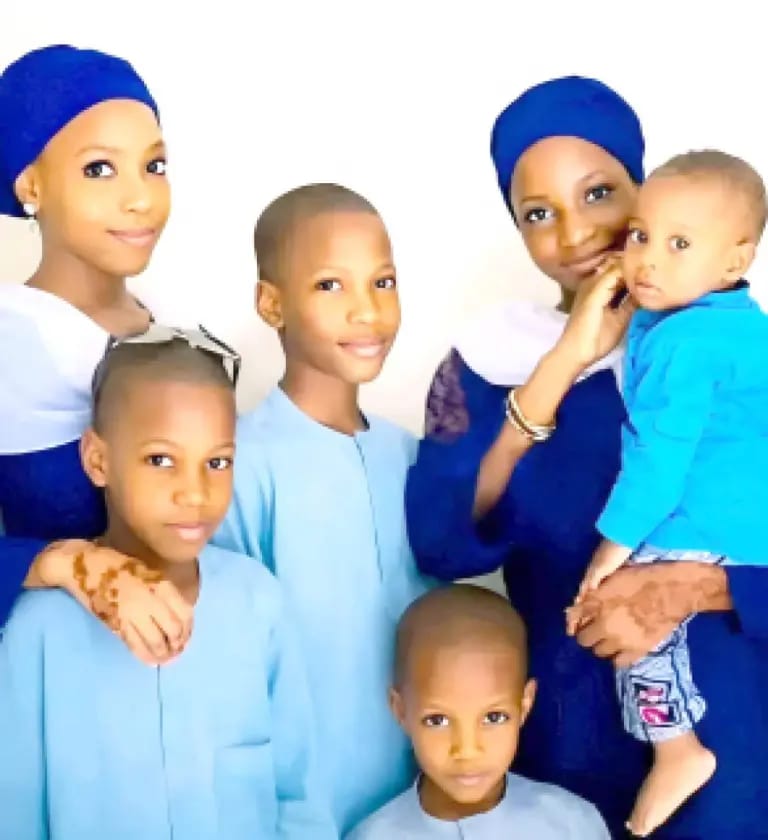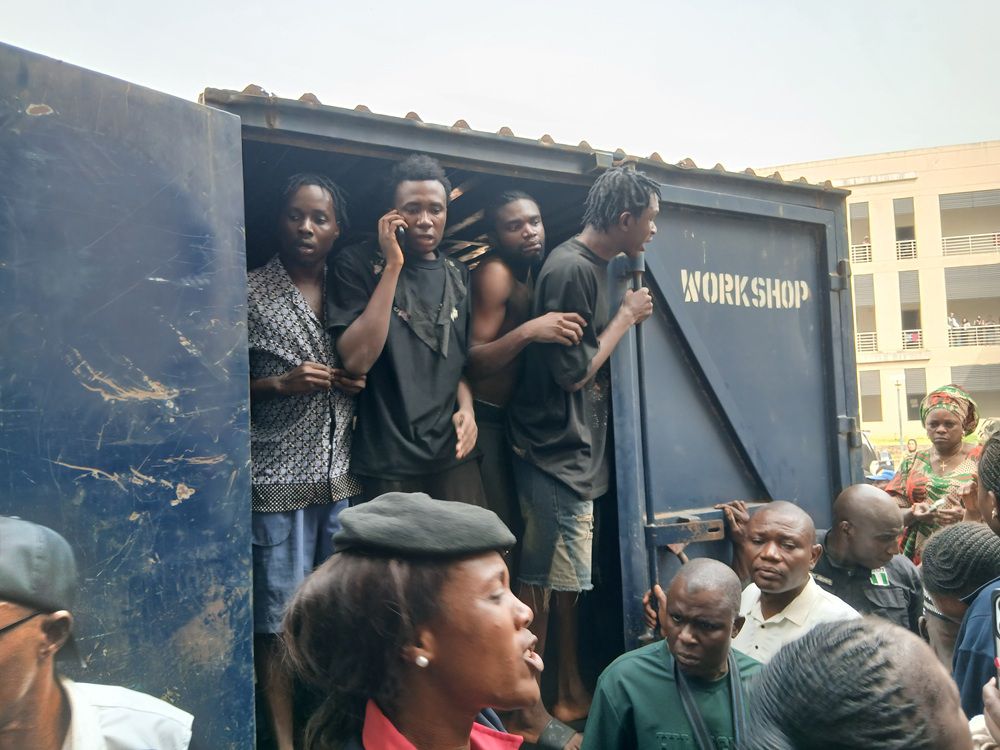Nigeria’s socio-political atmosphere grew tense on Tuesday as renowned Islamic cleric, Sheikh Ahmad Gumi, reacted strongly to reports that the United States Government is planning punitive actions against some northern governors, religious leaders, and judges. The move, reportedly linked to concerns over human rights violations and governance issues, has triggered widespread debate and raised questions about international interference, religious freedom, and Nigeria’s sovereignty.
Background: The U.S. Move That Shook Northern Nigeria
According to reliable reports, the U.S. government is reportedly considering sanctions on a group of Nigerian officials and influential figures—mostly from the northern region. The proposed measures are said to include visa restrictions, asset freezes, and other diplomatic penalties against individuals accused of involvement in human rights abuses or religious persecution.
Sources indicate that over a dozen Nigerian officials could be on the list, including some serving governors, clerics, and members of the judiciary. The revelation has sent shockwaves through political and religious circles, particularly in northern Nigeria, where many see the move as an attack on regional leadership and Islamic clerical authority.
Sheikh Gumi’s Reaction: A Fiery Rebuke of Foreign Interference
Reacting to the development, Sheikh Ahmad Gumi—one of northern Nigeria’s most influential Islamic scholars—condemned the reported move by the U.S., describing it as a “direct attack on Nigeria’s internal affairs and religious institutions.”
Gumi emphasized that no foreign government has the moral or political authority to dictate how Nigeria manages its religious, political, or judicial systems. He argued that the proposed sanctions, if confirmed, would only deepen mistrust between Nigeria and Western nations, rather than promote justice or peace.
In his words, Sheikh Gumi noted that targeting northern leaders and clerics under the guise of promoting human rights “betrays a lack of understanding of Nigeria’s complex religious and social structure.” He insisted that such external actions could be seen as an attempt to “weaken the moral and religious backbone” of northern Nigeria.
U.S. Concerns and Alleged Grounds for Sanctions
While Washington has not officially released the full details of the proposed punitive measures, diplomatic sources suggest that the U.S. may be responding to concerns raised by international rights organizations regarding religious intolerance, gender inequality, and judicial bias in some northern states.
The move is believed to be part of the broader U.S. global policy to promote democracy, rule of law, and religious freedom in developing nations. However, critics argue that such policies often ignore local realities and can easily be misinterpreted as neo-colonial interference.
Northern Leaders React: Sovereignty at Stake
Following the revelation, several northern political figures and clerics reportedly expressed disapproval of the U.S. decision. Many believe the sanctions would unfairly portray the region in a negative light and undermine Nigeria’s sovereignty.
Political analysts note that the North has often been a focus of international scrutiny due to the region’s unique religious, cultural, and security challenges. Yet, local stakeholders argue that external powers should support dialogue, education, and development rather than imposing sanctions.
One senior northern politician reportedly stated that “Nigeria is not a puppet state,” stressing that issues of human rights and religious tolerance must be addressed through internal reforms, not foreign punishment.
Analysts Weigh In: The Global and Domestic Implications
Political analysts and international relations experts have described the U.S. move as a “double-edged sword.” On one hand, the sanctions could send a strong message about accountability and human rights enforcement. On the other hand, they risk alienating key regional actors who are critical to maintaining peace and stability in Nigeria’s troubled northern region.
Experts warn that the U.S. decision, if implemented, could also affect diplomatic relations, development aid, and counterterrorism collaboration between the two nations. Northern Nigeria remains a critical area in the fight against insurgency and violent extremism; therefore, alienating its leaders could complicate security cooperation.
Public Reactions: Mixed Feelings Among Nigerians
Public opinion across Nigeria remains divided. Some Nigerians welcome the idea of sanctions, arguing that it could hold powerful figures accountable for corruption, oppression, and misuse of power. Others, however, see it as an affront to national dignity and a dangerous precedent of foreign meddling.
In the North, particularly among religious followers, the news has sparked strong emotions. Many view the alleged sanctions as a targeted campaign against Islamic scholars and northern political figures, reinforcing a narrative of global bias against Muslim-majority regions.
Who Is Sheikh Ahmad Gumi?
Sheikh Ahmad Gumi is a prominent Kaduna-based Islamic scholar known for his outspoken views on governance, security, and interfaith relations. Over the years, he has positioned himself as both a critic of government policies and a mediator in Nigeria’s prolonged security crisis involving armed bandit groups in the North.
His voice carries significant influence, especially among northern youths and clerics. Gumi’s response to the U.S. threat reflects not just personal conviction but the sentiments of many northern elites who see such external measures as a challenge to their autonomy.
The Broader Picture: Nigeria, the U.S., and the Politics of Sanctions
This development highlights the growing tension between Nigeria’s domestic governance realities and the international community’s expectations on human rights and democracy.
Over the years, the United States has imposed visa bans on various Nigerian politicians linked to electoral misconduct or corruption. However, the reported inclusion of religious clerics and judges marks a new dimension that may redefine how foreign governments engage Nigeria on governance and human rights issues.
Analysts suggest that the Nigerian government may soon issue an official response to clarify its stance and protect national interests. For now, the controversy has sparked widespread debate about the limits of foreign influence in Nigeria’s internal affairs.



